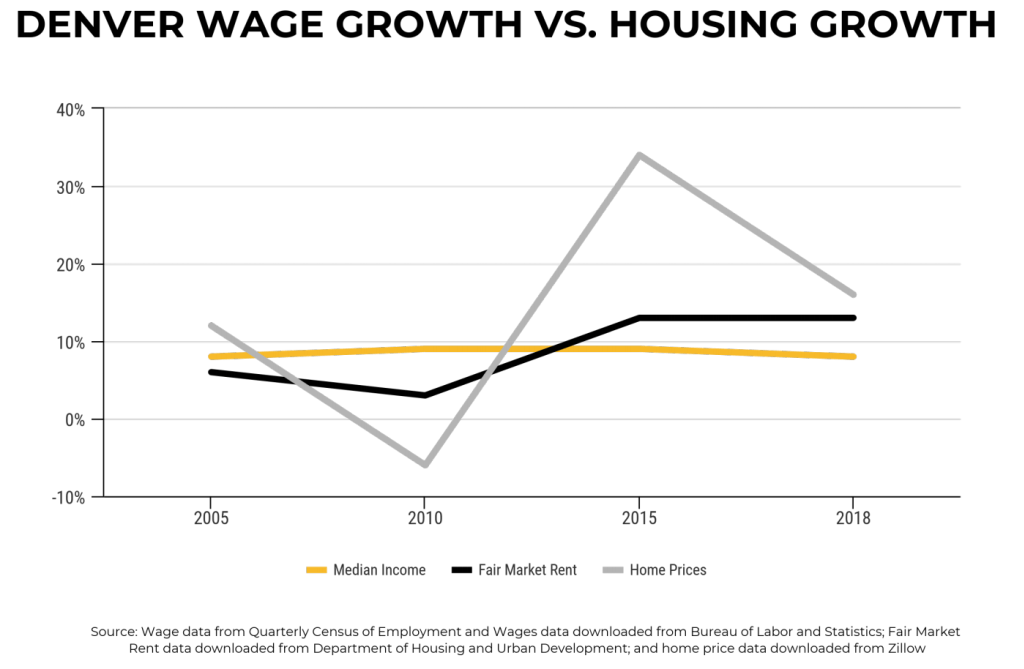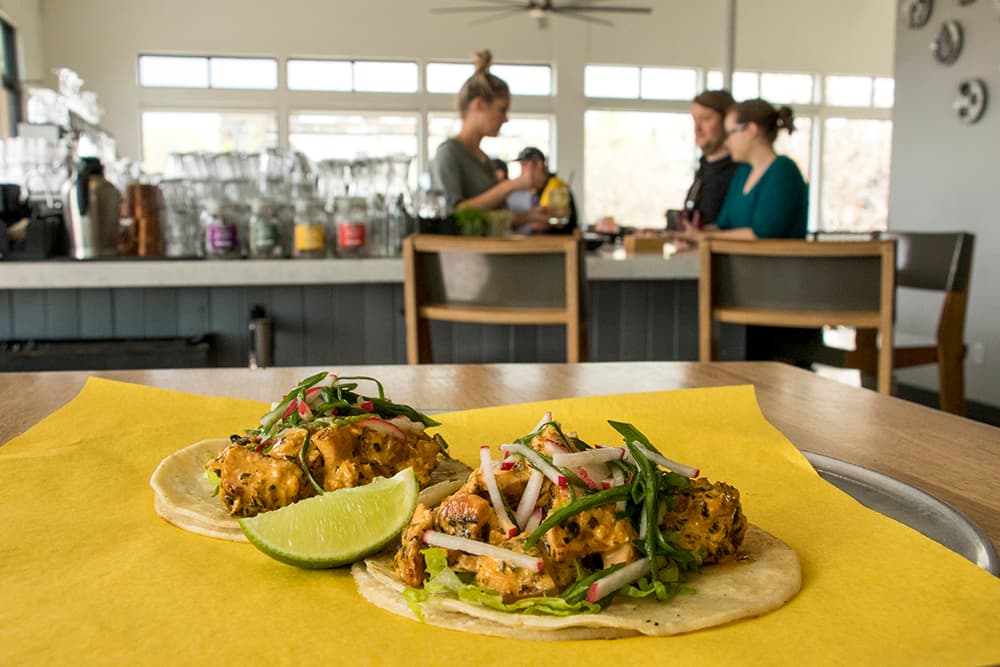Mayor Michael Hancock and City Councilwoman Robin Kniech have offered an olive branch to business owners nervous about the city's plan to raise the minimum wage to nearly $16, but the restaurant industry remains skeptical.
The biggest difference in the new proposal, submitted to the Denver City Council on Monday, is an extra year for business owners to absorb the hit and a smaller first-year increase than originally planned. Base wages would rise over three years instead of two, from $12.85 on Jan. 1, 2020, to $15.87 on Jan. 1, 2022. After that, the minimum wage would rise with inflation.
The longer timeline comes after a series of public town halls and closed-door meetings held by Hancock's and Kniech's offices with people who would be affected by the change. The pair announced the proposal in September after no official public process.
While some business owners (including restauranteurs) support the change, the Colorado Restaurant Association has become the face of the opposition. Most restaurants already pay cooks and dishwashers $15 an hour, the lobbyist group argues, meaning owners would drastically widen the pay gap between them and servers, who benefit from tips. That means less money for rent, food and new employees.
The industry has threatened to sue Denver over the law, which they say comes a year before the state legislature has allowed local wage control.
"We believe this revised proposal is a step in the right direction, and we appreciate the city's willingness to slow down this increase," said CRA Executive Director Sonia Riggs. "However, we don't believe any municipality can legally raise the minimum wage above the State minimum wage until January 1, 2021 - and Denver is proposing to do so January 1, 2020."
Local unions and other workers groups support the policy, while others say it doesn't go far enough. About 90,000 workers will benefit from the proposed wage hike, according to the proposal, and nearly two-thirds will be people of color. More than half are women.
"Increasing people's wages, so they can afford to live in Denver and continue contributing to and benefiting from Denver's success, is what this proposal is all about," Hancock said in a statement.

"Our residents were clear, too many of you are working hard but still unable to make ends meet, and a wage increase is urgent -- we heard you, and will proceed in 2020," Kniech said. "We also heard that a smaller first step and spreading the proposal out over an additional year would help our small, locally owned businesses better prepare and adapt to higher wages -- we heard you too and will be making these adjustments."
In a statement, Hancock and Kniech flaunted endorsements from Healthier Colorado and Work Here, Thrive Here Coalition.
The Denver City Council will vote on the proposal on Nov. 25.
This article was updated to correct the number of workers affected, which is 90,000, not 105,000, which was the figure for the original proposal.













